Aaron Wright ::
Industrial Designer, Experience Researcher,
Architectural Designer
Industrial Designer, Experience Researcher,
Architectural Designer



Stö
c.2021Tags: Product Design, Outdoor Recreation, Adaptation, Motor Function Interaction Design
Toolkits: Adobe Creative Cloud, Woodworking, Laser Cutter, Grasshopper, Rhino, Sewing, Pattern Making, UI/UX Research, A/B Testing, CNC Milling, Vray, Creo
The built environment, comprised of evolving technologies, irregular sounds, demanding social situations, and products designed for fine-motor skill interaction, is a sensory overload to those living with hypersensitivity, a lack of gross motor function, including people on the Autism spectrum. Outdoor recreation can offer a respite from those things. Unfortunately, for reasons of safety and efficiency, design in the industry is inherently ableist.
Throughout the design process, I collaborated with two non-profit groups that specialize in assistive technology. Adapt, a community network, based out of New York City, that helps pair people or families with special needs with assistive technologies, primarily educational tools, and the other - Wilderness on Wheels, a community-focused group that organizes recreational outings, and focuses on outdoor assistive technologies for people with disabilities.
An insightful question I had developed during the collaboration process:
How might we create equitable sensory experiences in recreational activities for those with limited motor function?
I researched sensory-specific reactions to materials, color creation with natural dyes, wayfinding psychology to colors and forms of products to infer intended use, and creating user-empathy experiments to outdoor, camping-specific objects.
![]()
![]()
![]()
Through these experiments, I have developed key frameworks to work within:
Market + Subcategory Analysis of Adaptive Solutions:
![]()
![]()
![]()
![]()
![]()
![]()
![]()
USER GROUP TESTING
![]()
![]()
![]()
![]()
![]()
![]()
![]()
![]()
![]()
![]()
![]()
![]()
![]()
![]()
![]()
![]()
![]()
![]()
![]()
![]()
![]()
Throughout the design process, I collaborated with two non-profit groups that specialize in assistive technology. Adapt, a community network, based out of New York City, that helps pair people or families with special needs with assistive technologies, primarily educational tools, and the other - Wilderness on Wheels, a community-focused group that organizes recreational outings, and focuses on outdoor assistive technologies for people with disabilities.
An insightful question I had developed during the collaboration process:
How might we create equitable sensory experiences in recreational activities for those with limited motor function?
Research
Along with Adapt and Wilderness on Wheels, I worked with the Boston Children’s Hospital to help develop experimental methods for people with hypersensitivity.I researched sensory-specific reactions to materials, color creation with natural dyes, wayfinding psychology to colors and forms of products to infer intended use, and creating user-empathy experiments to outdoor, camping-specific objects.
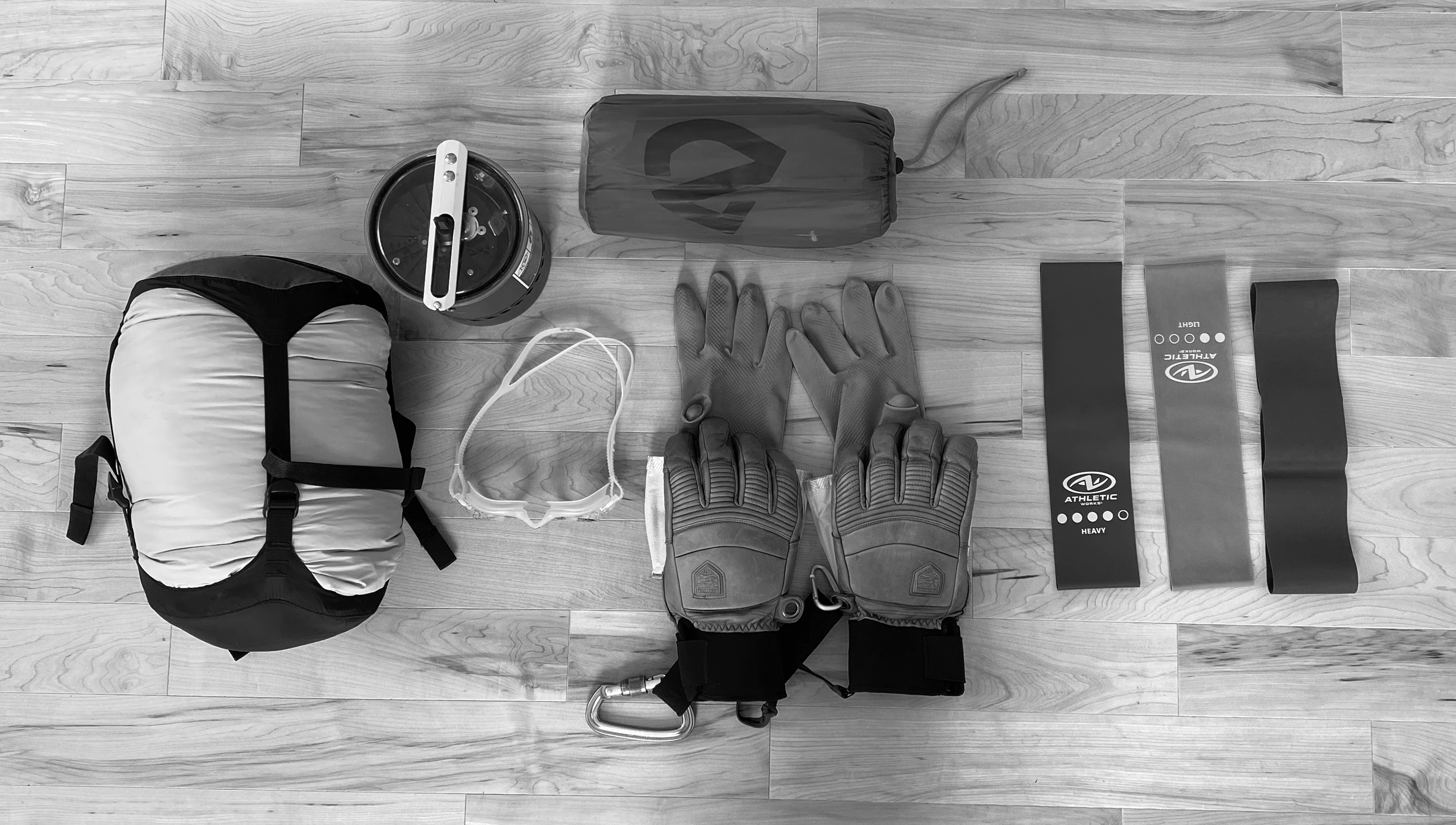


Through these experiments, I have developed key frameworks to work within:
- Accessibility
- Simplicity
- Efficiency
- Equity of Opportunity
- Security
- Engaging of Multiple Senses
Market + Subcategory Analysis of Adaptive Solutions:
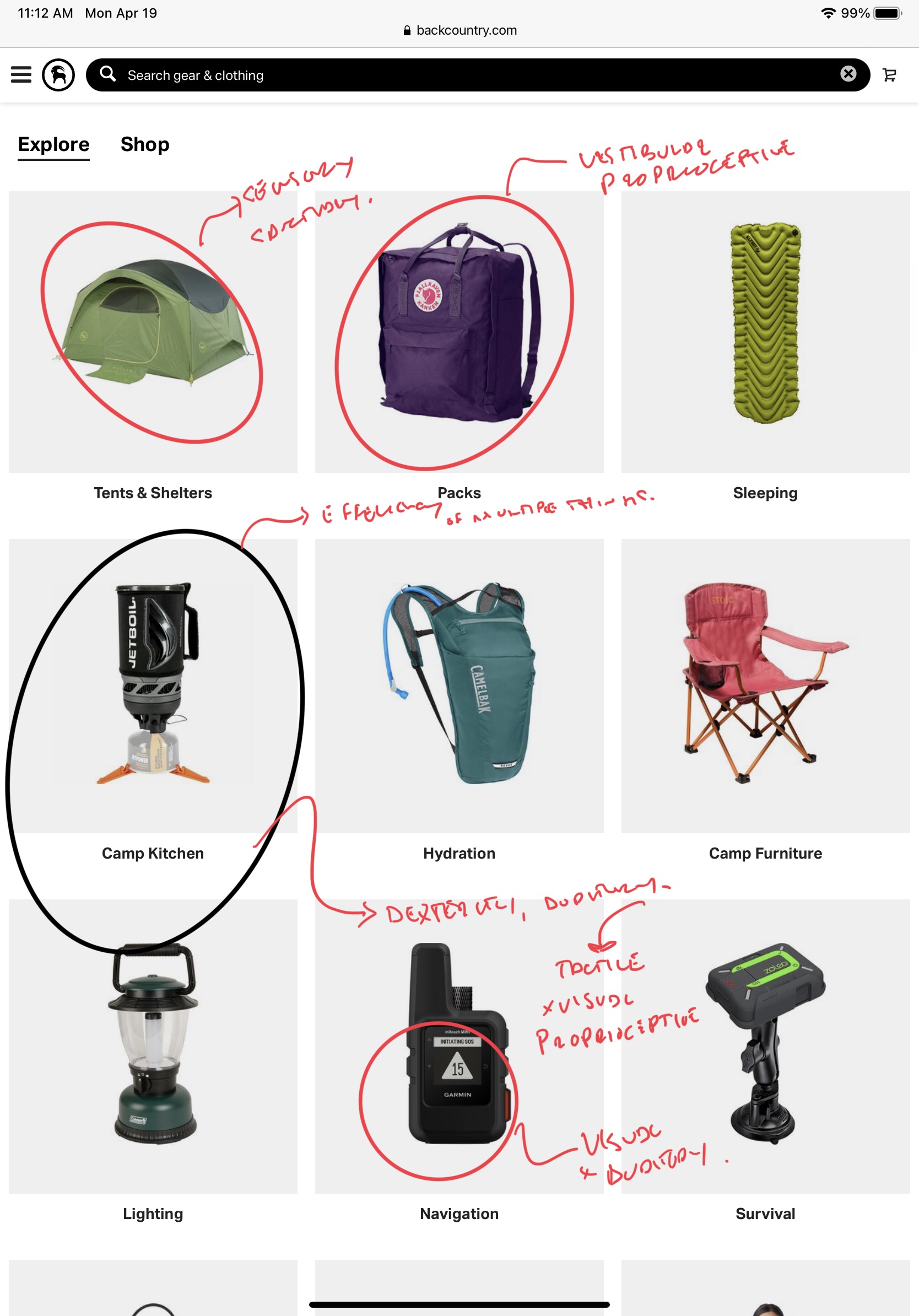


IDEATION + PROTOTYPING



USER GROUP TESTING
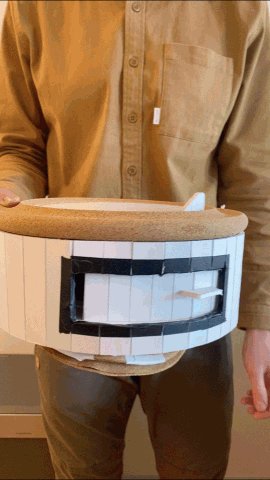
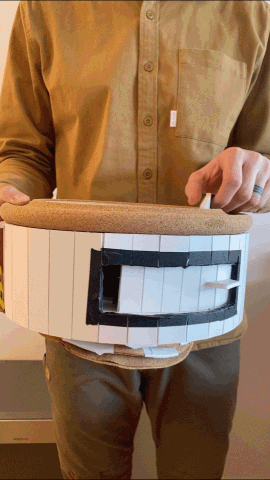











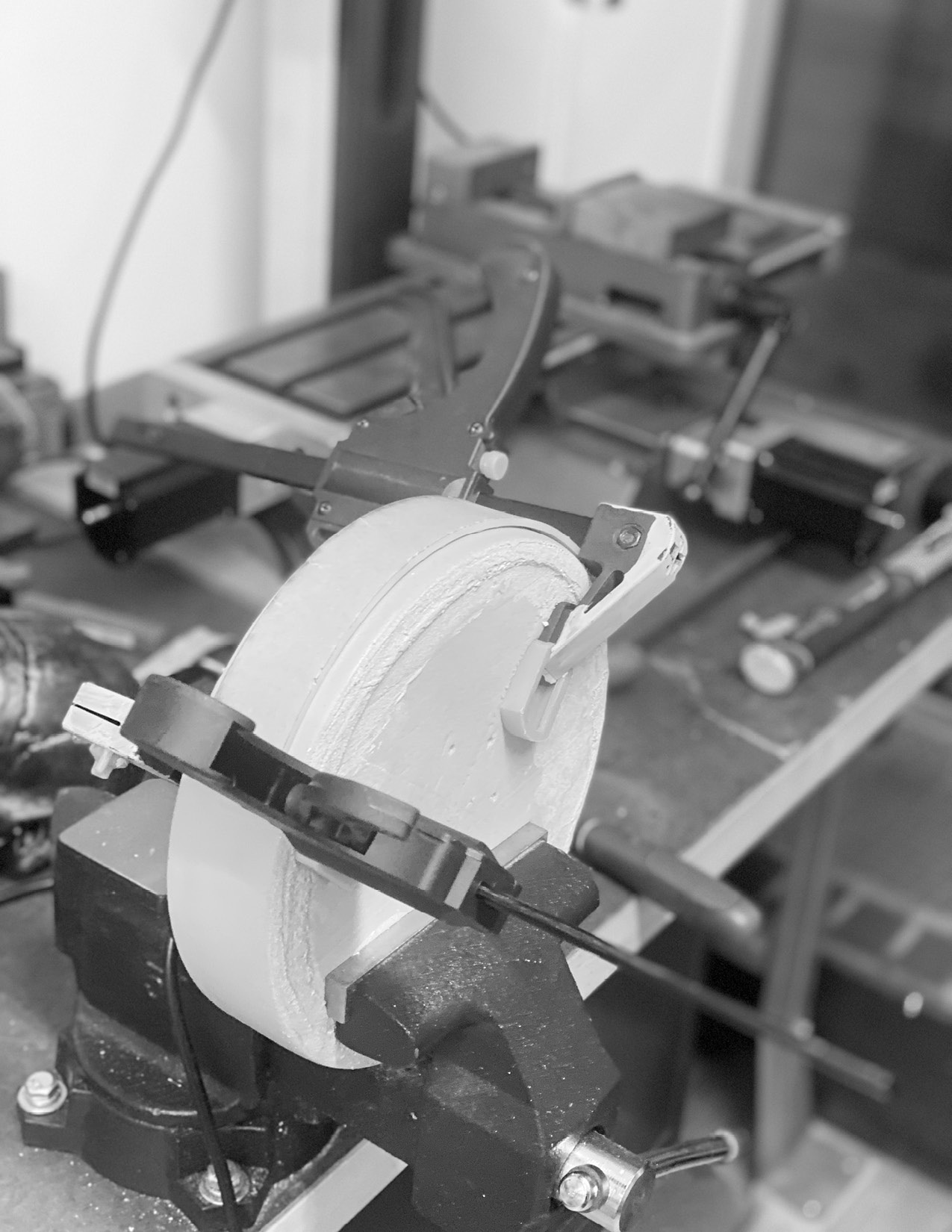




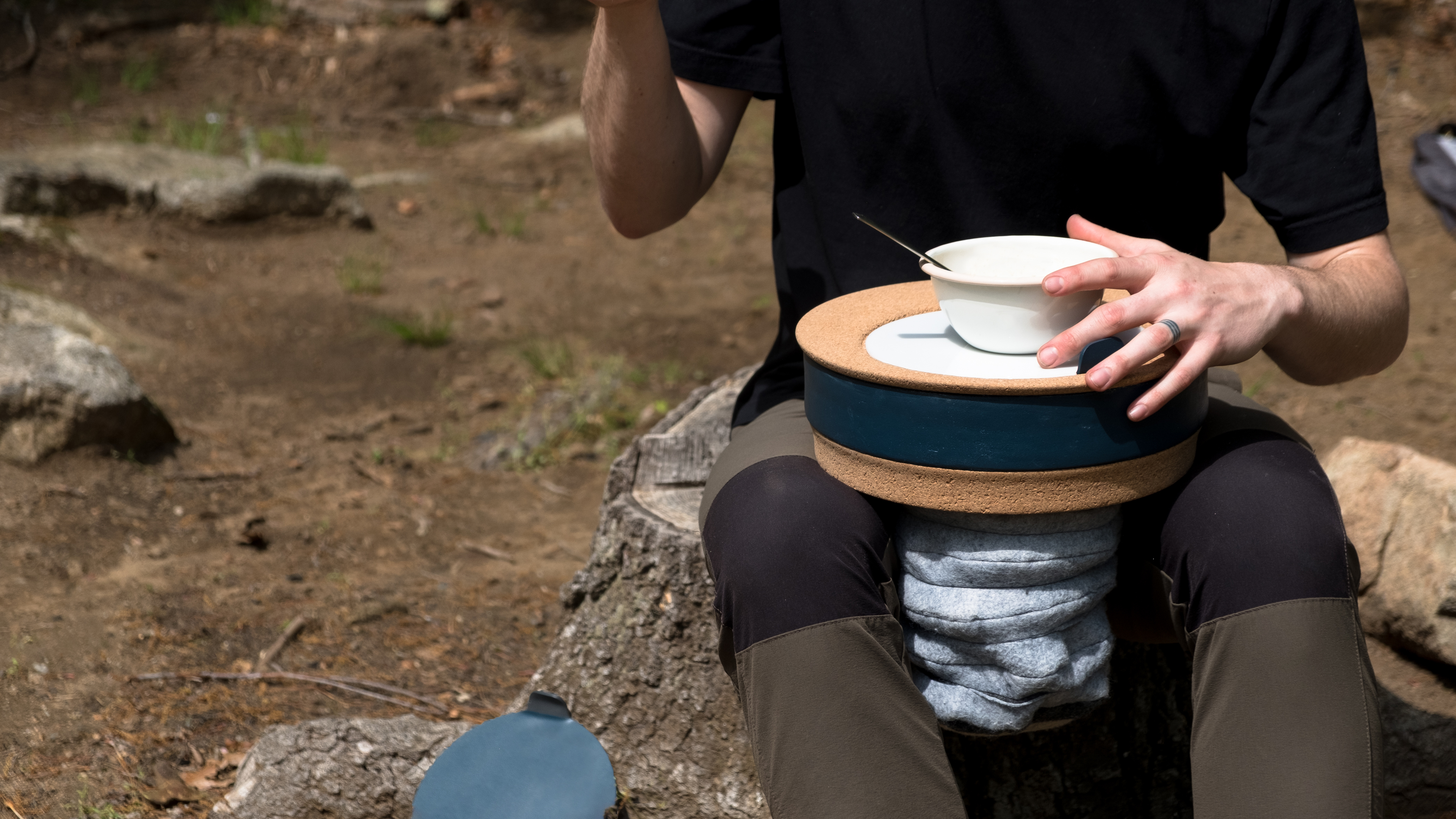
Rhode Island School of Design; Graduate Product Design Studio
